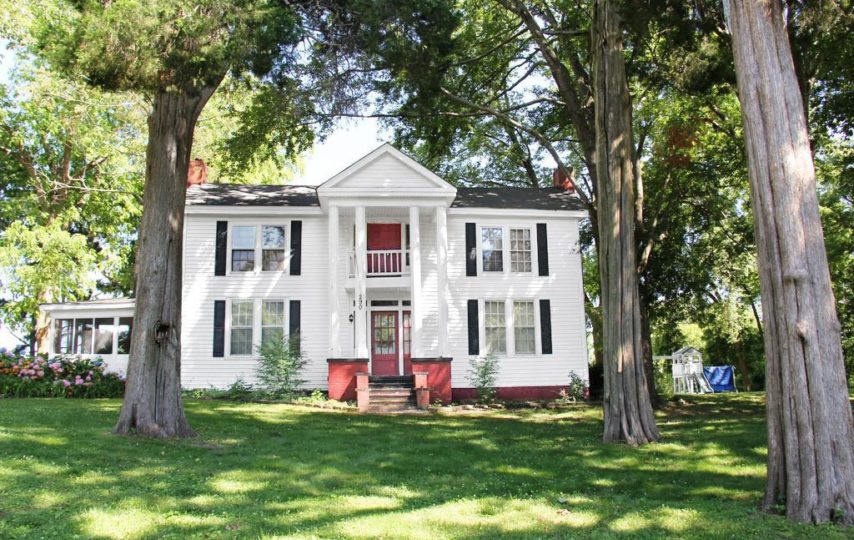While there are pros and cons to both renting and owning property throughout the country, the better choice can also depend on the specific location and even the month. For example, a study reported by the Washington Post noted that Indiana was among the top 10 markets that favored buying over renting in July 2021.
Of course, that doesn’t mean that it’s always better to buy. What’s more important is your own individual situation. In some cases, you’d be better off moving into one of the houses for rent in Indianapolis than purchasing property.
To make the best decision or whether to rent or buy in Indiana, you’ll want to ask yourself these questions.
A Short- or Long-Term Commitment?
One of the biggest advantages of owning a home is that it’s an investment. You’ll be building equity as you pay off your mortgage. For example, if the purchase price is $250,000 now, five or 10 years down the road its value is likely to have increased while more of your loan is paid off. If you decide to sell, you’ll probably earn a good profit.
If there is a chance that you’ll have to move within the next three to five years, you’re usually better off renting as it could mean a financial loss. Consider your short-term future carefully – do you plan on settling down? Or could a new relationship or new job take you out of state?
Do You Know Which Neighborhood You Want to Live In?
If you’re moving to Indiana from out of state, you’re probably not familiar with the many different places to live in Indiana and even the neighborhood can make or break your quality of life. Renting first can give you more of an insider’s look so that when you are ready to buy, you’ll know which communities suit you best.
Do You Have the Cash?
While renting a home requires cash up front, at least the first month’s rent and a deposit, when buying property, you’ll need to come up with a lot more for a down payment and other expenses like property taxes. Experts also recommend that you have emergency savings that can cover at least six months of living costs in case of a job loss or another unexpected event.
How’s Your Credit?
Before getting approved for a home loan, you’ll have to have at least a decent credit score. Conventional loans usually require a score of 620 or higher. While it’s possible to get one with a lower score, it’s likely to come at a much higher interest rate which means higher monthly payments and potentially paying tens of thousands of dollars more over the life of the mortgage.
A score of 700-plus will usually land you a lower interest rate, but 740 or higher is even better.
If your score isn’t up to par, you’ll probably be better off renting first, paying all your bills on time while avoiding taking out any new loans or applying for new credit cards.
What’s Your Debt Like?
Finally, your debt-to-income ratio (DTI) is an important factor in getting approved for a loan or one without a high interest rate. That figure is the percentage of your gross monthly income that’s going toward paying off debt. The less debt you have, the less risky you are to the lender.
If you have a lot of debt, it can pay to rent while working on paying it off before attempting to become a homeowner.













